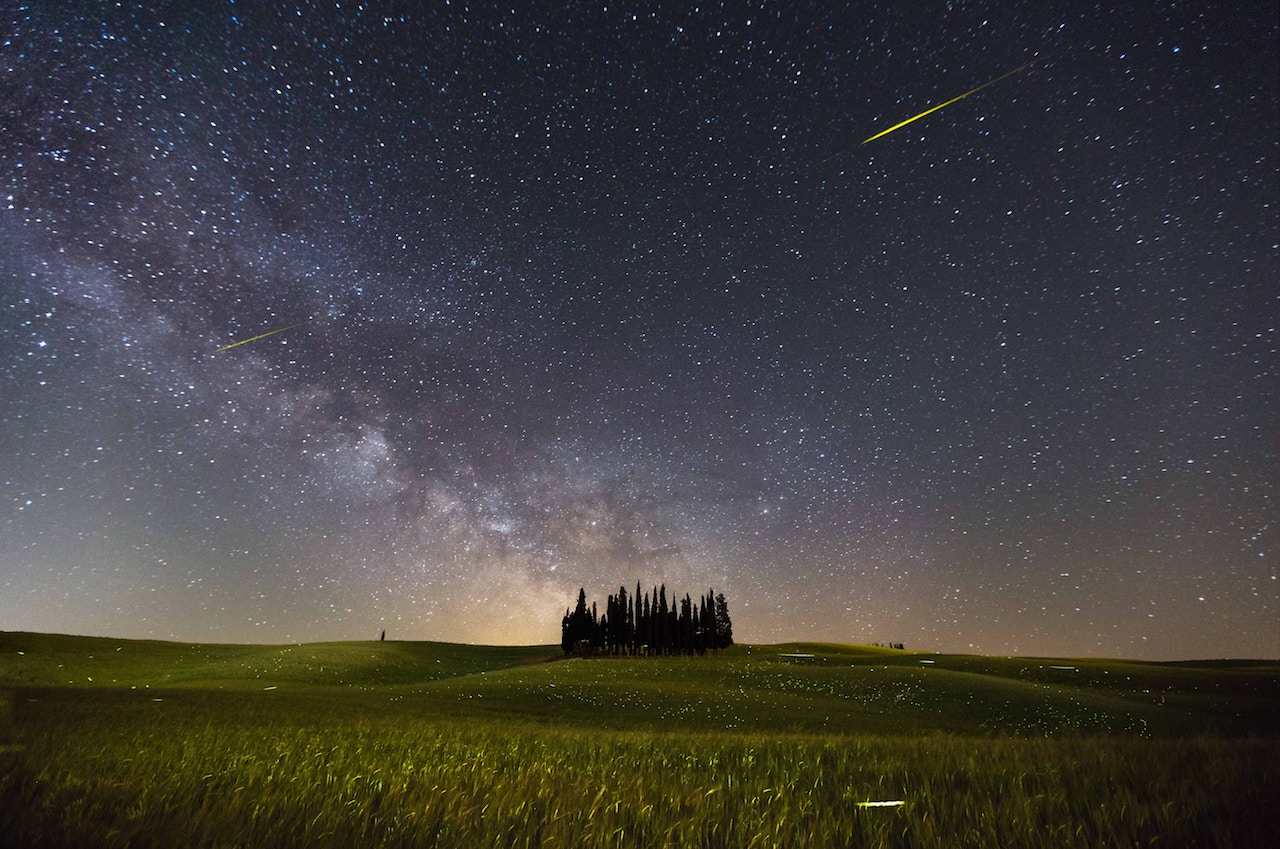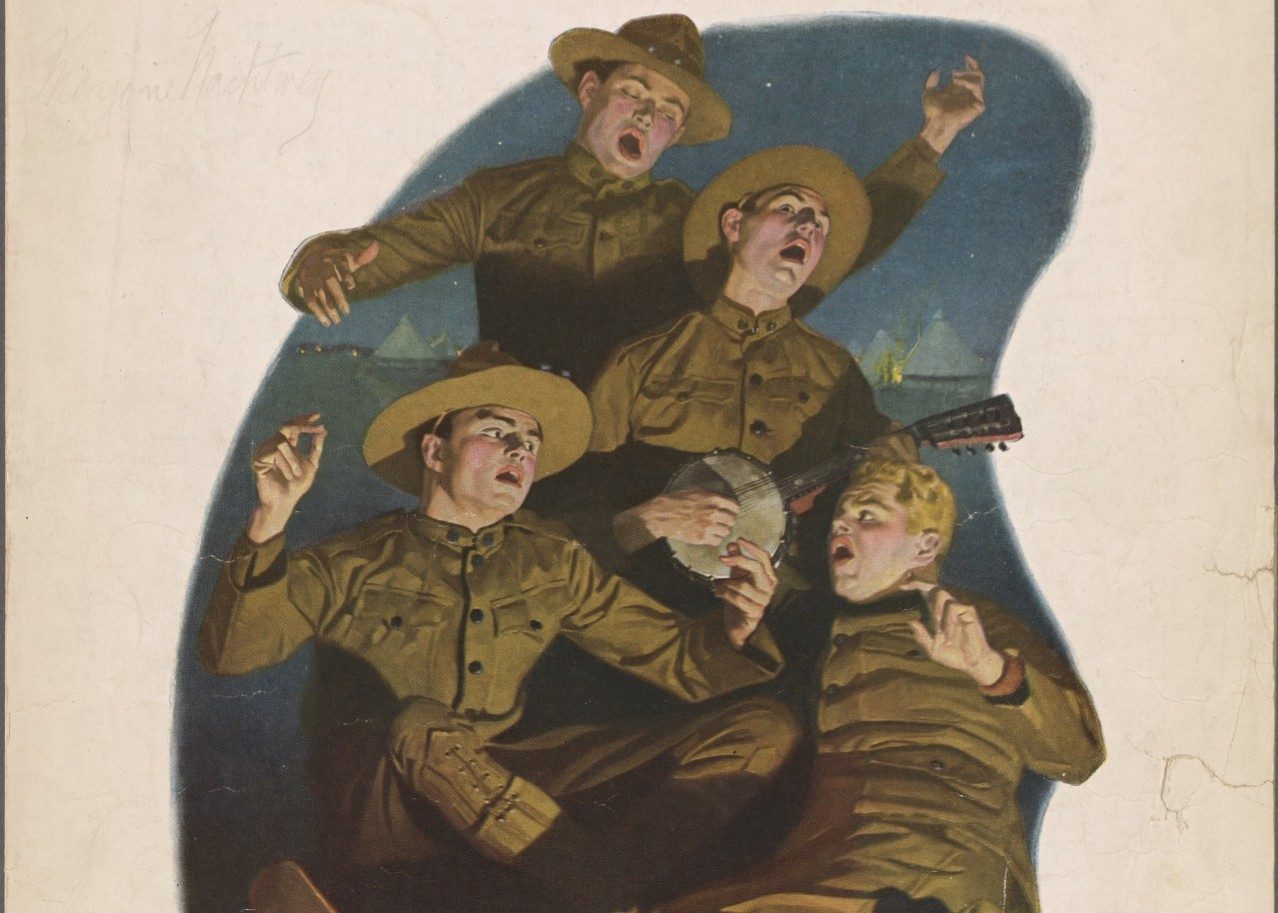It seems I must have gone into a tailspin brought on in part from madness already there, compounded with much that came on by the minute, and found myself on top of a high curb that felt to me like a bridge or a cliff edge on which I rocked and then quite literally emptied myself like a chamberpot into l’Abîme. At the time I was, in fact, speaking quite good French, about any number of things that came to mind though I was an audience of one, and at that one nutjob, who was alone in knowing what the hell he was talking about for Christ’s sake, and since nobody was there to ask me that, I wasn’t very likely to ask myself; and therefore didn’t, but instead just stood there muttering about la poésie de l’hivernage, in a guttural mumble like a corner-boy giving out upon la pluie, la neige, même quelque catastrophe diluvienne, or equally likely Professeur Michaud pacing around in his brown plaid double-breasted suit, from the crinkly left cuff of …






